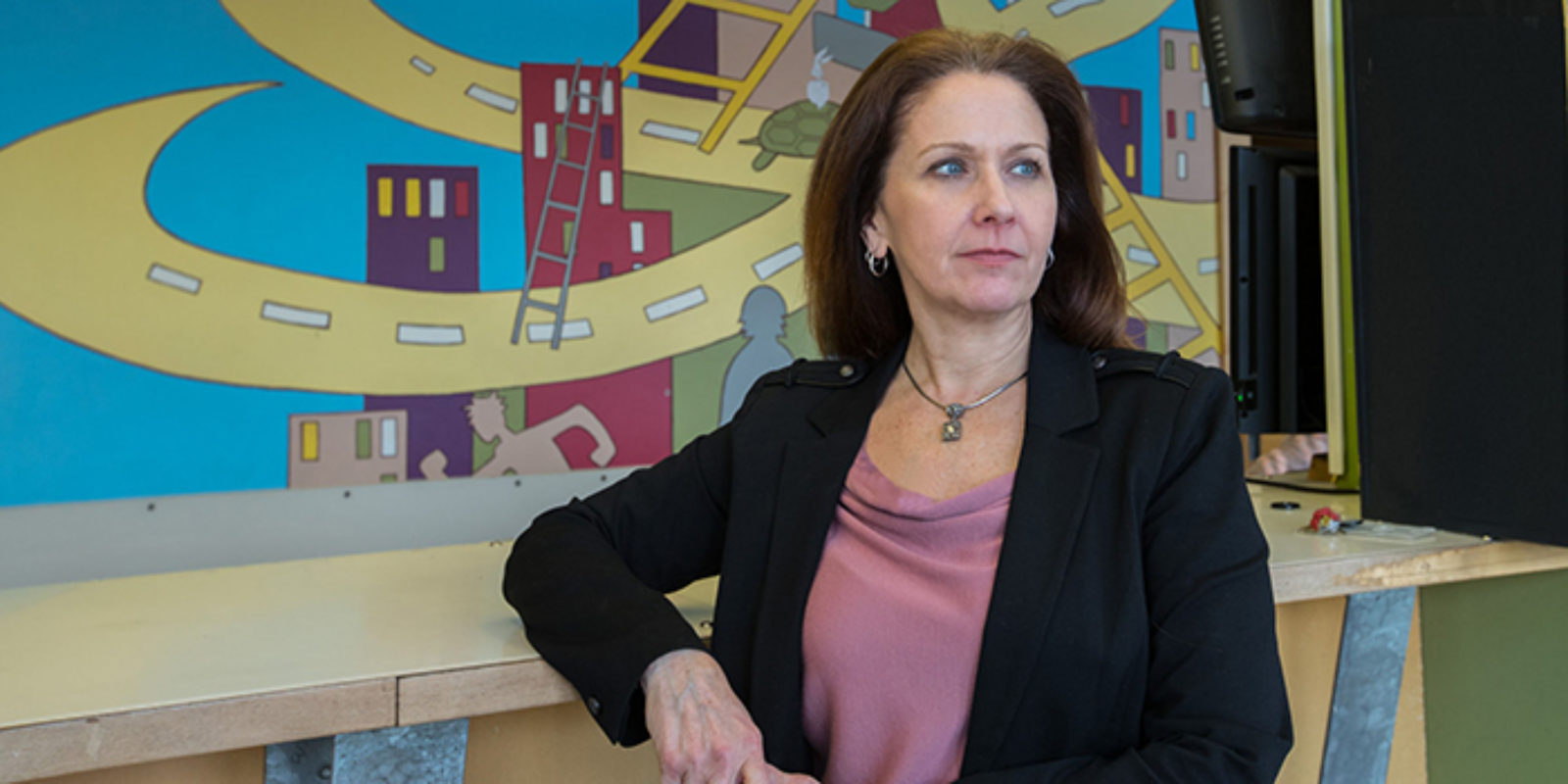Eyewitness News reporter Morey Hershgordon spoke one-on-one with Crossroads RI President and CEO Karen Santilli about the effects COVID-19 is having on the state’s homeless population.
March 26, 2020
PROVIDENCE, R.I. (WPRI) — Eyewitness News reporter Morey Hershgordon spoke one-on-one with Crossroads Rhode Island President and CEO Karen Santilli about the effects COVID-19 is having on the state’s homeless population.
Their conversation is below:
What is the number-one concern for your clients?
Santilli: The number one concern here at Crossroads is for the health and safety of the people we serve and our employees. It’s similar to the fears that we are feeling right now, the anxiety and worry of staying safe and healthy, but that’s been compounded because our folks don’t have their own places to live.
Describe the fears that your clients have?
Santilli: We have folks that are living in our apartments, they are getting support from our case managers not like they’re used to, but it’s happening over the phone. For those folks, they’re at least in their own apartments for now.
The real fear is for the people in the congregate shelters. We have our men shelter, women shelter, domestic violence shelter and family shelter. These are small spaces with a lot of people. Trying to educate them about proper hygiene, safe physical distancing from each other. It’s critical and really difficult.
What are you telling your clients in need right now?
Santilli: We’re telling them the same guidance we’re all hearing: stay a safe distance from each other, good hygiene, washing hands. We’re asking the folks in shelters to stay in the same ones every night so that they’re not hopping from shelter to shelter exposing their risk of contracting or spreading the virus. For our folks in our housing program, the same things: stay in, proper hygiene, social distancing. It’s a little tougher for folks in shelters though.
What are the biggest challenges residents in shelters face?
Santilli: Biggest challenge is that they don’t have their own home. They’re in congregate shelter with many other people, which is a big concern with this virus. It compounds their inability to really stay safe. They’re far more medically vulnerable than the population that’s housed. We have these compounding issues that we’re trying to manage. People with compromised health that live in shelters can’t properly social distance because they don’t have their own home.
How is Crossroads and other providers impacted by the economic burden of this crisis?
Santilli: From an economic perspective, we’re concerned because we rely on the generosity of our donors and people of Rhode Island. Corporations and business are big fans of our work but we can’t accomplish our work if folks don’t have the ability to donate. The negative economic impact is a huge concern for the donations that we rely on. We’re also working so that our clients can get employed. Many of them are struggling to find work or are afraid that they can’t go back to work which will not allow them to pay their rent.
How You Can Help Crossroads »
Do you anticipate a higher demand for housing at this time?
Santilli: We definitely are bracing ourselves for increased homelessness. I’m hoping we don’t see it. I’m hoping with the [help of the state and federal] economic stimulus that we don’t see that, but we have to be realistic.
I do believe we’re going to see more families and more individuals entering homelessness. We just don’t know when that will happen. We’re not seeing that right now. Fortunately, there’s a moratorium right now for evictions and utilities which is really helping us keep people out of the homelessness system. When that ends there will be people more at risk for homelessness, more than usual.
How do you best protect your clients, residents and staff members?
Santilli: We have over 150 employees throughout all of our programs. We have thousands of individuals and families in our housing and shelters. We are doing the best we can with the resources we have. Our governor, Dr. Nicole Alexander-Scott and the Department of Health folks have been really helpful in guiding us in terms of what we can say to people and how to keep them safe.
Article and video available at wpri.com

